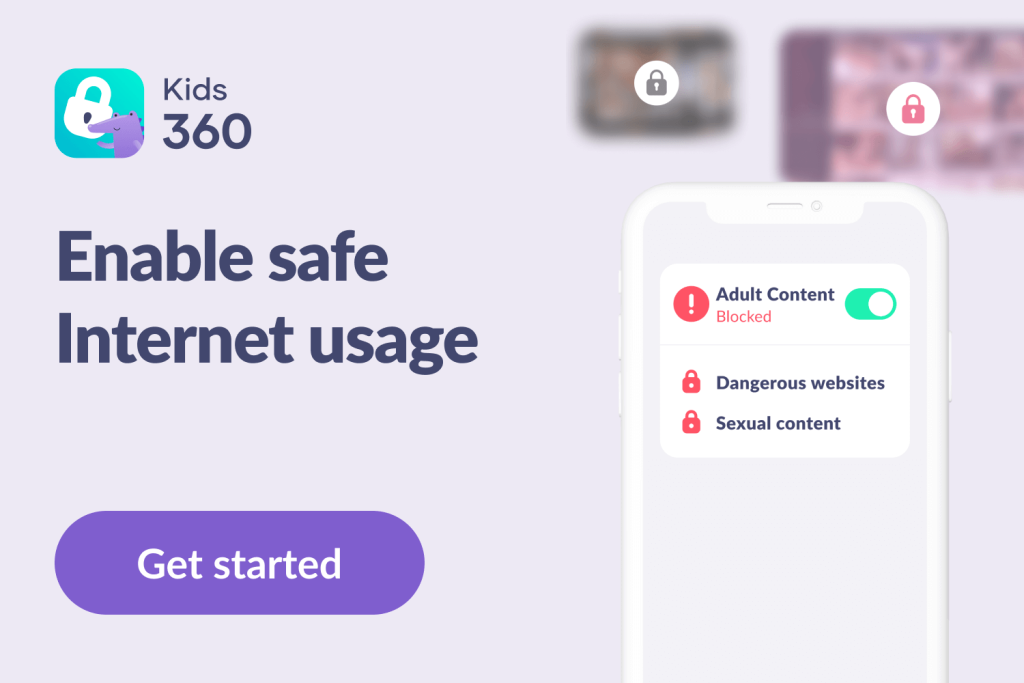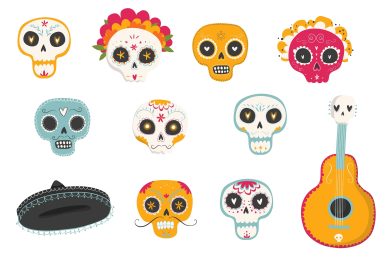FWB Meaning Explained: Understanding Your Teen’s Conversations

Understanding the FWB meaning is important for parents trying to keep up with today’s teen slang and stay connected to what their kids are really saying. Parenting in the digital age means navigating a world of acronyms and coded language—and knowing terms like FWB can help you keep your child safe and informed.
Contents:
What Does FWB Mean?

leungchopan/Shutterstock.com
When decoding your teen’s texting language, you may be surprised to find out what some of these slang terms and acronyms mean.
FWB Meaning
In today’s youth-centric lingo, you may come across the acronym FWB. Its dictionary definition is “friends with benefits.”
This modern phrase refers to two friends with a non-committed, typically sexual, relationship, with no strings attached. They maintain their friendship but also explore a more intimate bond. However, the tradition of romantic involvement is absent.
It’s vital, as parents, to stay abreast with such phrases to understand our teens’ world better and maintain open dialogues about their relationships.
Where Does FWB Come From?
The origin of FWB can be difficult to trace. We believe it showed up just a couple of decades ago. The term “friends with benefits” first appeared in Alanis Morrisette’s song “Head Over Feet,” which was on her 1995 album Jagged Little Pill.
The lyric goes, “You’re my best friend / Best friend with benefits,” marking the first recorded use of the term.
However, the term became more popular in 2011 when two major Hollywood movies were released. The first was titled exactly, Friends with Benefits, and starred Mila Kunis and Justin Timberlake.
The competing film, No Strings Attached, starred Natalie Portman and Ashton Kutcher. This film introduced a similar term to FWB, but it is NSA, which means “no strings attached” in terms of dating or casual hookups.
How is Friends with Benefits Different From Dating?

Monkey Business Images/Shutterstock.com
Understanding the difference between dating and being friends with benefits (FWB) is important. Typically, dating assumes an ongoing romantic connection. You meet, spend time together, and may possibly plan for a future together. Emotional bonds deepen, and a relationship with special feelings is established.
On the flip side, an FWB arrangement is more casual. It combines friendship and physical intimacy, without the commitment and expectations that come with dating. The pair remains friends who enjoy each other’s company, while also engaging in consensual physical intimacy. There’s usually an understanding that this arrangement does not lead to a serious relationship.
While both arrangements involve two people spending time together, the main difference is the level of commitment and expectation. It’s important to note, though, that emotions can blur the lines, leading to confusion or even heartbreak. It’s why emotional turmoil is a relatively common occurrence for people in a friends-with-benefits relationship.
So, it’s crucial for parents to help their teenagers understand these differences and navigate these situations wisely.
Why Do People Want to Be Friends with Benefits?
Many individuals opt for FWB as it caters to their sexual needs without any commitment. The pressure that goes hand in hand with conventional dating is significantly less, allowing both parties to enjoy the freedom in their relationship.
This type of arrangement focuses on physical intimacy, rather than emotional connection, which may suit those not ready for a serious relationship. Others, however, succumb to peer pressure to explore solely sexual relationships.
It’s key to understand that FWB isn’t for everyone, and it’s crucial to have clear communication and a mutual consent agreement for this setup to work and to avoid potential misunderstandings. A person’s emotional health is crucial, and FWB is a tricky terrain where you can easily assume things are heading toward a romantic relationship when that’s not the case.
How to Use FWB

pikselstock/Shutterstock.com
The slang term FWB can be easily used throughout conversations amongst friends in texts, social media, and Snapchat. The acronym simplifies spelling out the entire term, “friends with benefits.”
It is the context of using the term that is important for parents to be aware of.
Below are some examples of how FWB online slang is used in different digital situations and platforms.
In Texts and Chats
What does FWB mean in a text message?
When your teen is talking to a friend, they may reference their friends with benefits or desire to be friends with benefits.
For example, a text conversation using FWB may look like this:
Person #1: “OMG, what’s the deal with you and Josh? Are you guys dating?”
Person #2: “Nah, we’re just FWB right now. I can’t take him seriously as a boyfriend.”
On Social Media

Ground Picture/Shutterstock.com
There are plenty of social media platforms teens use today, including Snapchat, TikTok, Facebook, and Instagram. You can even come across this term on gaming chats.
While they can post and comment on content, you may see references using FWB. This may be a comment on a post about two friends with a lot of chemistry, and someone claims they must be friends with benefits.
One of the most commonly used social media apps where FWB is used is Snapchat. But, what does FWB mean on Snapchat?
It is usually used in conversation between two people. One may ask another if they want to be friends with benefits, which usually includes a sexual relationship. Some users may even post content alerting that they are looking for an FWB. They could lie to be searching for a romantic relationship, but instead, they only want casual sex.
We’ve created an entire section on slang expressions to help parents stay on the same page as their teenagers! Come and explore.
In Dating
When friends with benefits or FWB is used in terms of dating, it describes a primarily sexual relationship between two people. It’s important to understand that FWB does not constitute a romantic relationship.
Rather, they are two friends who get along well, enjoy spending time together, and have sexual chemistry that they enjoy exploring.
You may hear people refer to someone as their FWB to others to define the type of relationship the two have together.
How to Talk to Your Kids About Slang
Initiating conversations about slang with your children can appear challenging, but there are some steps you can follow.
- First and foremost, it’s important for you to create an open dialogue. If your kids use a term you don’t understand, don’t hesitate to ask them to explain it to you. This will not only help you comprehend their language but also foster open communication. Also, it’s better to look for clarification. That will tell you how your kids comprehend the term. In the case of FWB, it can be important whether they consider sexual activity to be a part of it.
- Secondly, pay attention to your children’s conversations with their peers, as it can provide useful insight. Don’t intrude, but being part of their discussions in a friendly manner will help you stay updated and be more engaged.
- Lastly, consider using digital tools like the Kids360 app. They might not help directly to understand the slang. However, using a parental control app can serve to limit screen time and ensure your kid only uses apps suitable for their age.
The Kids360 app can aid in protecting your children from inappropriate online content while also enabling you to learn about the latest internet slang. Balancing a non-judgmental approach with a genuine interest in their vocabulary can go a long way in addressing slang with your children.
Understanding FWB and Keeping Your Kids Safe
When parents understand the slang terms their teens use, it is a secret superpower that can be used to keep their teens safe. Parents will see a new side to a conversation and what their teens discuss.
Regarding FWB, parents can have insight into what their teens are participating in. It can also signal whether it is time to initiate the “sex talk” and teach their teens how to practice safe sex.
If you found this article helpful and want to inform other parents what their children are discussing, share it with them.
FAQ
What is FWB slang for?
FWB is slang for “friends with benefits.”
What does being FWB mean?
Being friends with benefits means having a casual sexual relationship with a friend that does not involve romantic feelings.
What does FWB mean in a text?
While it can have some other meanings, in casual communication, this refers to a friends-with-benefits relationship. It means the same in SMS text messages, but also in chats on social media platforms.
What is the full form of FWB?
The full form of FWB is friends with benefits.
What does FWB mean dirty?
It doesn’t have to be dirty necessarily. However, in today’s dating culture, a friends-with-benefits relationship usually includes hooking up and having casual sex without emotional commitment.
What are the rules for FWB?
There aren’t clear definitions of the rules for FWB, so it only depends on the parties involved. The majority considers only sexual activity a part of this concept, but emotional intimacy isn’t necessarily excluded.
The picture on the front page: misfire_studio/Shutterstock.com
Проверьте электронный ящик




















